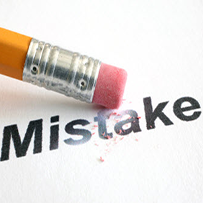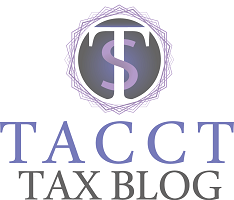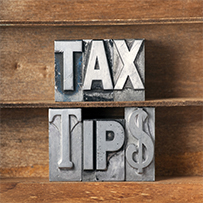
1. Not Filing a Tax Return
Always file, even if you do not have the money to pay the taxes you owe. The IRS considers not paying on time and not filing as two separate issues, and a penalty is involved for each. When you file your tax return, you have several options. You can apply for an “offer in compromise,” make monthly payments through an IRS installment agreement, or temporarily delay paying. Whichever is best for you, contact the IRS right away to let them know you cannot pay. You should pay as much as you can when you file because the IRS assesses penalties and interest on the amount not paid.
2. Ignoring IRS Letters
Do not ignore mail from the IRS. If you owe taxes, the IRS will collect. Persons who do not communicate with the IRS about inability to pay can expect a “Notice of Federal Tax Lien” to be filed against their property. In lien terms, this is a lien about the size of Alaska. Few carry more weight. The lien attaches all your property, including your house, car and any future property you might obtain. A levy, which is a legal seizure of property to satisfy a tax debt, is another legal means the IRS can use to collect taxes. This means the IRS can seize your car, boat or home and sell it to satisfy your tax debt or it can place a levy on your wages. More good news is that these liens often stay on your records long after the issue has been resolved or until the IRS gets around to removing it. So it’s also the gift that keeps on giving!
3. Using High Interest Credit Card to Pay Tax Bill
Although this is a better approach than not paying your taxes at all, you should investigate the best way to borrow the money. Compare the interest rate of your credit card with that of a personal loan from your bank or credit union. The idea is to incur the least amount of money in interest. Try to pay off the loan as soon as possible and do what you can to avoid the same situation next year. To pay your taxes on time, you may need to adjust your withholding on your W-4 with your employer or put aside money each pay period in a savings account.
4. Getting a Refund-Related Loan
Your impatience could cost you more than you realize. Tax refund products are advertised heavily at this time of year. What the advertising does not tell you about are the fees and steep interest rate associated with that short-term loan. Depending on fees and the amount of the refund, a finance charge can be the equivalent of a 100 percent annual percentage rate. Also, don’t forget this is a loan; if the IRS turns down any deductions or credits on your return, you will still be responsible for the full amount of the loan. You do have other options, such as filing electronically if you have a checking account. You can expect your tax refund to be deposited in your account in 10 to 14 days. Another option is to wait approximately four to six weeks to have your refund check mailed.
5. Spending Refund as Fast as Possible
Spending your refund may not be such a good idea, no matter how tempting. If you have large credit card debt, inadequate savings or limited retirement fund, a better use of your refund may be to pay down debt, open a savings account or establish an IRA.
Obviously, I hope that you do not do the above bad practices. However, if you have already misstepped, make sure you know your rights as a taxpayer.



